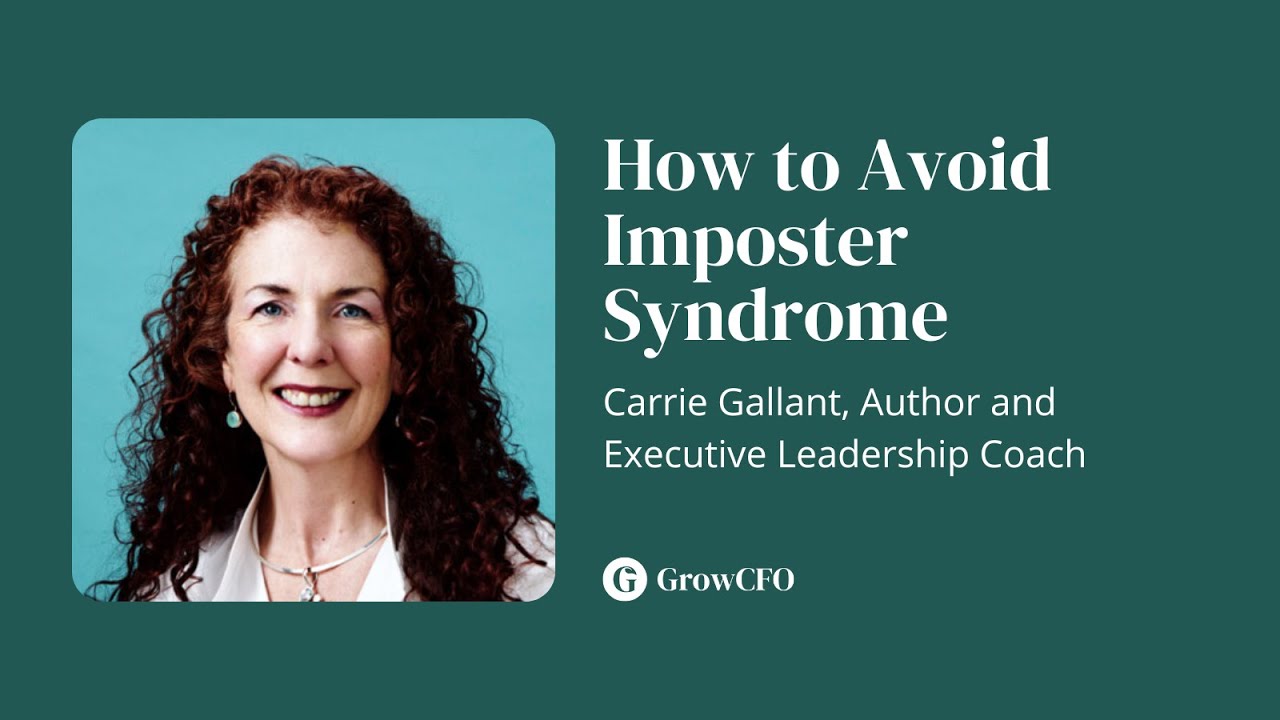Imposter syndrome can be a silent yet profound struggle in many people’s lives. It’s that nagging feeling of self-doubt, the voice in your head saying you’re not good enough, or the fear that you’ll be ‘found out’ as a fraud. In this comprehensive guide, we’ll explore effective strategies on how to avoid imposter syndrome, specifically focusing on personal and professional contexts.
Understanding Imposter Syndrome
Before we dive into the strategies, let’s first understand what imposter syndrome is.
What is Imposter Syndrome?

Imposter Syndrome is a psychological pattern where individuals doubt their accomplishments and fear being exposed as a “fraud,” despite evident success. This can lead to significant stress and anxiety.
The Impact of Imposter Syndrome

This phenomenon can have a wide-ranging impact on various aspects of life, including:
- Personal well-being: Affecting self-esteem and causing persistent self-doubt.
- Professional growth: Hindering career advancement due to fear of taking risks or asserting oneself.
- Relationships: Influencing how one interacts with partners, colleagues, and friends.
Strategies to Overcome Imposter Syndrome

Now, let’s explore some effective strategies to combat this issue.
Recognize and Acknowledge Your Feelings
Understanding and accepting that what you’re experiencing is a common phenomenon can be a significant first step. Realize that many successful people have felt this way at some point in their lives.
Share Your Feelings
Discuss your thoughts and feelings with trusted individuals. Whether it’s through forums like How or with close friends, opening up can provide perspective and support.
Reframe Your Thoughts
Challenge and reframe negative thoughts. For example, instead of thinking “I don’t deserve this,” consider “I’ve worked hard to be where I am.”
Focus on Your Achievements
Keep a record of your accomplishments. Refer back to it when you feel self-doubt creeping in.
Seek Professional Help
If imposter syndrome is significantly impacting your life, consider seeking help from a mental health professional.
Additional Strategies and Insights
While we’ve covered many strategies to combat imposter syndrome, there are always more layers to explore. Here are additional insights:
Embracing Vulnerability
Brene Brown, a renowned researcher, talks about the power of vulnerability. Embracing your vulnerabilities and sharing them can strengthen your self-esteem and reduce feelings of being an imposter.
The Power of Positive Affirmations
Regularly practicing positive affirmations can rewire your brain to believe in your capabilities and worth. Simple statements like “I am competent” and “I am worthy of my achievements” can have a profound impact when repeated consistently.
Incorporating Mindfulness and Meditation

Mindfulness and meditation can be powerful tools in managing the anxiety that often accompanies imposter syndrome. They help in staying grounded and focused on the present, reducing the power of self-doubting thoughts.
Mindfulness Techniques
Simple mindfulness exercises, such as deep breathing or focusing on sensory experiences, can provide immediate relief in moments of intense self-doubt.
Regular Meditation Practice
Establishing a routine of meditation can have long-term benefits for mental health and self-perception. There are various types of meditation to explore, such as guided meditation, mindfulness meditation, or even yoga.
Leveraging Professional Networks and Mentors

Another effective strategy is to engage with professional networks and seek mentors.
Professional Networks
Joining professional networks can provide support, advice, and validation of your skills and experiences. It’s also a great way to see how others deal with similar challenges.
Mentorship
Having a mentor who has walked a similar path can be invaluable. They can provide perspective, advice, and reassurance about your capabilities and achievements.
Overcoming Imposter Syndrome in Relationships

Imposter syndrome can also infiltrate personal relationships. Here are some tips on how to overcome imposter syndrome in relationships:
- Communicate openly: Share your feelings with your partner.
- Practice self-compassion: Be kind to yourself and recognize your worth in the relationship.
- Set realistic expectations: Understand that no relationship is perfect and that you’re worthy of love and respect.
The Role of Social Media and Imposter Syndrome

In today’s digital age, social media can exacerbate feelings of imposter syndrome. Constant exposure to the highlight reels of others’ lives can make your achievements feel insignificant. It’s crucial to remember that social media is a curated display, not an accurate representation of reality.
How to Imposter Syndrome: A Broader Perspective
Addressing imposter syndrome also involves a broader perspective:
- Understanding its Origins: Often, imposter feelings stem from past experiences or societal pressures. Reflecting on these can provide deeper insights into your feelings.
- Cultural Considerations: Cultural background can influence how we perceive success and failure. Recognizing these influences can help in understanding your feelings of impostor syndrome.
Case Studies: Real-Life Examples
To illustrate how these strategies can be applied in real life, let’s look at a few case studies:
Case Study 1: Overcoming Imposter Syndrome in a Professional Setting
A mid-level manager in a tech company started feeling like she didn’t deserve her position, despite her team consistently meeting their targets. By setting personal milestones, seeking feedback, and mentoring new employees, she began to recognize her value and contributions, gradually overcoming her imposter feelings.
Case Study 2: Imposter Syndrome in Academia

A doctoral student, despite having published papers, felt like he didn’t belong in his program. Joining a support group for Ph.D. students and openly discussing his feelings helped him realize that many of his peers shared similar experiences, which alleviated his sense of being an imposter.
Expert Opinions and Interviews
Gaining insights from psychologists, career coaches, and successful professionals who have dealt with imposter syndrome can be incredibly valuable. Here are some key takeaways from interviews:
- Expert 1, a Clinical Psychologist: Emphasizes the importance of understanding the root causes of imposter syndrome and practicing mindfulness to manage negative thoughts.
- Expert 2, a Career Coach: Suggests regular self-assessment and celebrating achievements, no matter how small, to build confidence.
Interactive Elements: Engaging the Audience
Engaging the audience can make the blog more interactive and helpful. Consider incorporating:
- Quizzes: To help readers identify if they have imposter syndrome.
- Forums and Comment Sections: Encourage readers to share their experiences and strategies that worked for them.
- Webinars and Live Sessions: Hosting sessions with experts where readers can ask questions and seek advice.
Conclusion
In conclusion, imposter syndrome is a common but surmountable challenge. By acknowledging your feelings, reframing your thoughts, and taking practical steps, you can start to overcome these irrational beliefs. Remember, seeking support, whether from peers, mentors, or professionals, is a sign of strength, not weakness. Overcoming imposter syndrome is not a one-time fix but a journey. By implementing these strategies, you can start to feel more confident in your abilities and worth. Remember, it’s okay to ask for help, and you’re not alone in this battle.
